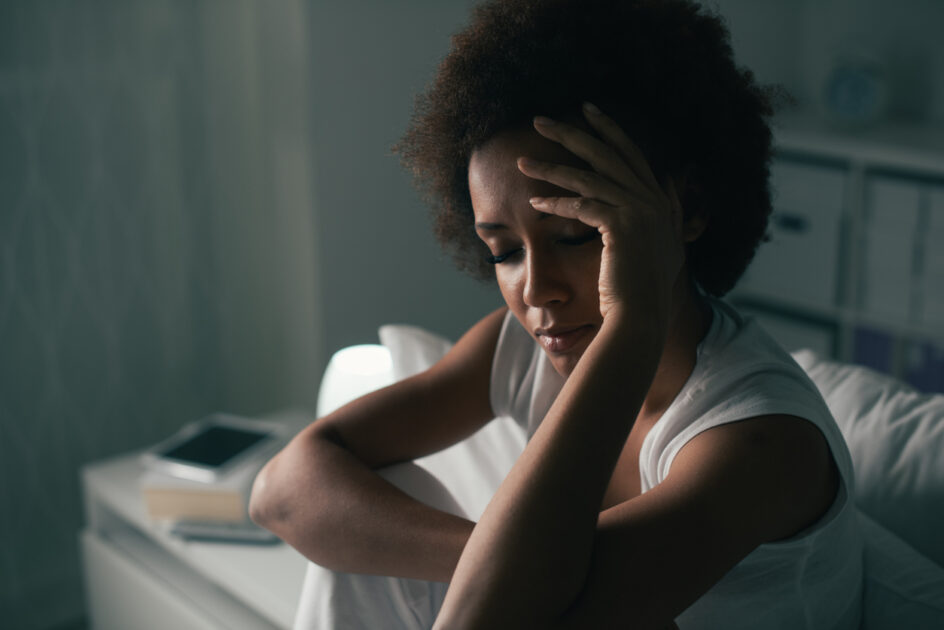Why do sleep walking and sleep talking happen?
Have you ever gotten out of bed in your sleep? Find out why this happens.

Sleepwalking and sleep talking can sometimes be strange experiences, especially for other people in the room or the house. However, both of these conditions are very common. If this is happening to you, have a look at some of the possible causes and, if necessary, talk to your doctor.
Sleep talking
Sleep talking is any talking done in your sleep, ranging from incoherent gibberish to full monologues or conversations.
How would I know if I had it?
It can be difficult, because you may not realise you’re doing it yourself. Someone else in your home may hear you though and they can let you know.
What causes sleep talking?
There are a few different things that may cause sleep talking, including:
- stress
- depression
- fever
- sleep deprivation
- day-time drowsiness
- alcohol or drugs
- genetic factors
Should I be concerned about sleep talking?
There’s not necessarily anything you need to worry about if you sleep talk. If you share a bed with someone, they might find it annoying or disruptive, but apart from that, there’s nothing wrong or unhealthy about sleeptalking. If your sleep talking is severe and continues for a long period of time, you could talk to your doctor about potential treatments.
Sleepwalking
Sleepwalking is a disorder which causes people to walk around while asleep, or perform other complex activities. It usuaslly occurs within the first third of the night and lasts around 1-5 minutes, but may be longer.
How would I know if I've been sleepwalking?
Symptoms of sleepwalking include:
- sitting up in bed and looking around
- walking around the room or house
- leaving the house and sometimes driving somewhere
- sleep talking
- no memory of what happened
- difficulty being woken
- screaming or shouting
- attacks on the person trying to wake you
You may not be able to identify these yourself, so ask someone else at home to look out for symptoms.
What causes sleepwalking?
There’s no one cause for sleepwalking, but there are a number of factors that can make it more likely to happen. These include:
- Genetics, meaning that sleepwalking can run in families
- Environmental factors, such as lack of sleep, alcohol, and stress
- Medical conditions, such as reflux, sleep apnea, panic attacks and asthma
Should I be concerned?
Sleepwalking can be a dangerous and serious disorder. If you sleepwalk, it’s really important to see a doctor to discuss treatment.
There are also things you can do to limit the risk of harming yourself when sleepwalking, such as:
- locking up any sharp or breakable objects, including knives and razors
- putting a gate up at the stairs
- making sure your car keys are somewhere you can’t reach them
- locking the doors and windows to keep you from leaving the house
Tell someone you live with to ask you what you’re doing if they see you up at night. If you are sleepwalking, your speech will be confused, and they will then know to gently lead you back to bed.
How to wake a sleepwalker
Sleepwalkers have been known to attack people when someone tries to physically wake them, so you need to be careful. The best thing to do is try to gently steer them back to bed, only touching them gently and as little as possible. Alternatively, you can try to wake them by making loud, sharp noises at a safe distance. Never physically shake them, as this might make them feel confused and attacked, causing them to lash out.






